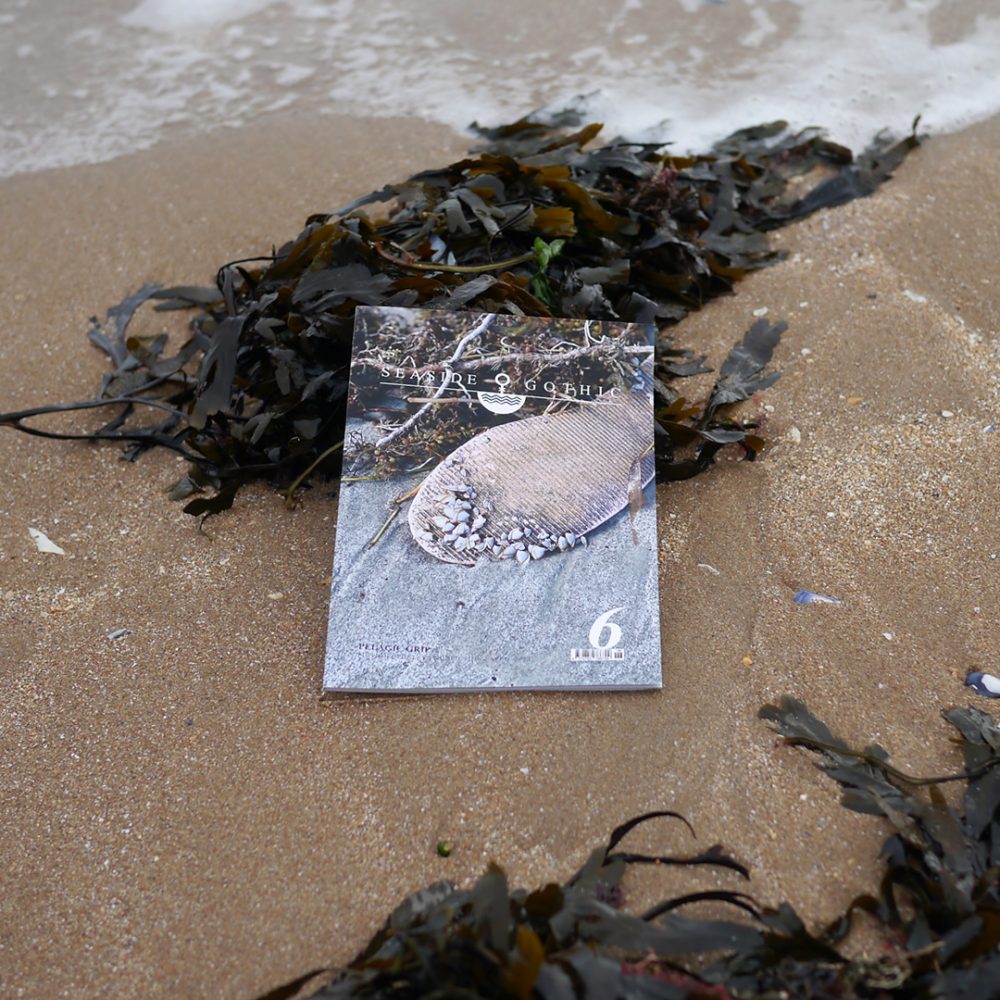There is no such thing as single-genre writing, but most writing fits vaguely into one or two categories. The nature of seaside gothic literature means writing that sits within it stretches beyond its confines and classifies over and over again. Following tradition, after each Issue of Seaside Gothic is published I am bringing to the fore three notable works of seaside gothic literature—fiction, poetry, and nonfiction—and an example from another media, and so this quarter I have chosen the following emotionally-led pieces.
Fiction: Daphne Du Maurier, Rebecca
A gothic novel set in a seaside mansion, Rebecca is Du Maurier’s masterpiece. The plot may well sound cliché, but in 1938 it created many of the tropes now expected from gothic writing: a young woman marries a widower and finds he, and his home, to be haunted by the memory of his long-suffering late wife. Rebecca is a study in tension and unsettling reveals.
Poetry: Paul Laurence Dunbar, Ships that Pass in the Night
The heart-wrenching agony of Paul Laurence Dunbar’s seaside poem ‘Ships that Pass in the Night’ rips through the chest as the words are read, and it is in this and many other of his poems he captures the seaside gothic feeling of standing at the shoreline experiencing the sea from aside. A thoughtful and wonderful poet, Dunbar creates wonders with his words.
Nonfiction: Adam Nicholson, The Sea is Not Made of Water
In The Sea is Not Made of Water, Adam Nicholson goes in search of rockpools and the life that lives between the tides. Nicholson intersects storytelling and how it relates to the coast with the science of the seas and the shoreline, mixing philosophy and poetry with physics and biology, to craft a nonfiction exploration of the littoral zones.
Film: Quadrophenia
A film about Mods and Rockers soundtracked by The Who was always going to be cool, but Quadrophenia surpasses even its own expectations. Directed by Franc Roddam in a loose adaptation of the rock opera written by The Who, Quadrophenia is a slice of seaside storytelling that is emotional, edgy, and dualistic in nature.

Issue 6
PELAGIC GRIP

Seb Reilly is an award-winning published writer, fiction author, poet, and occasional musician. He is Editor of Seaside Gothic. From 2015–2020 he was Editor-in-Chief of Thanet Writers and in 2021 he was named Kent Columnist of the Year for his column in The Isle of Thanet News.

